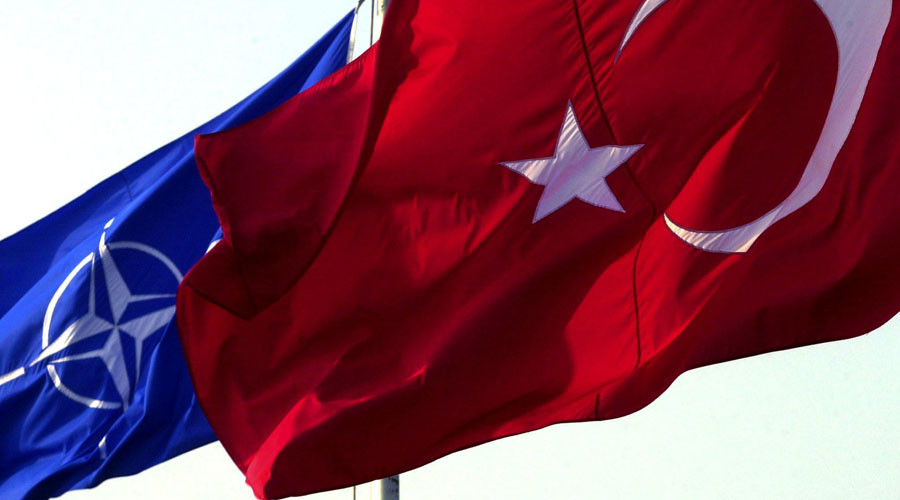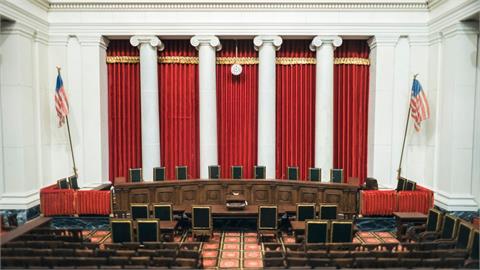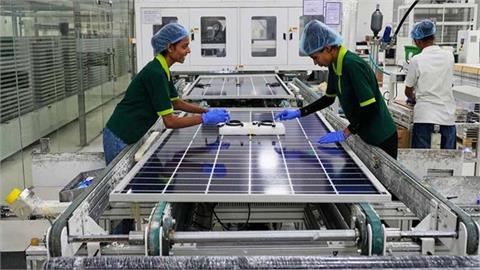by James Stavridis* With U.S. forces (and nuclear weapons*) housed at Incirlik Air Base, the relationship between Ankara and Washington is critical — and delicate
With U.S. forces (and nuclear weapons*) housed at Incirlik Air Base, the relationship between Ankara and Washington is critical — and delicate.
Perhaps the most shocking thing about the attempted coup in Turkey was that it had not already occurred. The obvious tensions between civil and military authorities have been a long-simmering witches’ brew in Turkey, dating back to the fall of the Ottoman Empire a century ago and continuing through multiple coup attempts over the past four decades.
Hundreds of senior admirals and generals were charged and jailed on suspect charges in the so-called Sledgehammer scandals of the 2000s, and the seeds of the current coup were planted when bitter military leaders watched their commanders and mentors be taken to prison in handcuffs.
During my four years as supreme allied commander at NATO, I often visited Turkey and developed close relationships with many senior Turkish military officers — some of whom served time later in notorious Turkish prisons, including the former chief of the general staff, Gen. Ilker Basbug. I know the current chief, Hulusi Akar, as well.
Both always struck me as totally loyal to civilian leadership, and it appears at this point that the guilt for initiating the coup will fall lower in the chain of command.
Both always struck me as totally loyal to civilian leadership, and it appears at this point that the guilt for initiating the coup will fall lower in the chain of command.
The crisis will give President Recep Tayyip Erdogan all the ammunition he requires to conduct a severe crackdown on both the military and the courts. He has said he will use this to purge the military and the courts — chilling words, indeed. With nearly 300 dead as a result of the coup, the desire for vengeance will be strong. Hundreds of jurists already have been arrested — many of whom were instrumental in blocking various initiatives coming from Erdogan’spalace. More than 6,000 officials and service members have been detained, and roughly 8,000 police officers have been taken off the streets.
One particularly troubling element is the status of Incirlik Air Base in southern Turkey, where NATO reportedly has housed tactical nuclear weapons, though the United States will neither confirm or deny their presence. If true, this poses a very dangerous problem, and Washington will need Ankara’s full cooperation to ensure that all U.S. military equipment and forces are fully protected — which appears to be happening, after some moves toward isolating the base Saturday.
But the big questions remain: How will the failed coup impact Turkey in its role as a military ally in the NATO structure, and what should the United States be doing?
Clearly, there will be a strong negative impact on the ability of the Turkish military to perform its duties across the spectrum of alliance activities. Turkey has sent troops, aircraft, and ships to every NATO mission: to Afghanistan, the Balkans, Syria, Libya, and on counterpiracy missions. Unfortunately, it is likely that the military in the wake of the coup will be laser-focused on internal controversy, endless investigations, and loyalty checks — and simply surviving as an institution. This will have a chilling effect on military readiness and performance. While some operations have resumed at the crucial Incirlik Air Base, cooperation is already frozen across many U.S. and NATO channels.
At the same time, the Turkish civilian authorities will be deeply suspicious of their military and gendarme forces following the coup, even though at this point it appears more beer-hall putsch than geopolitical earthquake. This will make Turkish civilian leaders, from Erdogan on down, less likely to be willing and capable partners in ongoing military operations outside of Turkey (e.g., the NATO missions against the Islamic State).
For the United States, there are four key actions Washington should take to try to move forward.
First, we need to stand firmly on the side of the Turkish civilian government. Despite the authoritarian impulses of the current regime, it is unquestionably democratically elected and deserves support in the face of the coup attempt. That does not mean the United States should falter in criticizing flawed human rights policies and new attempts to crack down on the media. We need to encourage our Turkish partners to be measured, legal, and balanced as they investigate. There is clearly a danger of the post-coup investigations becoming a vehicle to cleanse jurists and military members who were not involved in the coup but are perceived as being politically difficult for the regime. This will require a delicate balance.
Second, we should send our senior military officials to Ankara to hear from their counterparts about the situation while congratulating Turkey’s leadership on doing the right thing and helping stop the coup. Additionally, our civilian leaders — from the secretary of state on down — should likewise visit and reassure the Erdogan government of our support. It is premature to judge evidence on Erdogan’s request for extradition of Fethullah Gulen, the Turkish cleric in Pennsylvania, but the United States needs to be open to requests — in the spirit of international law — as it would for any other case.
A third smart move by the United States would be to increase cooperation in intelligence sharing and targeting against Kurdish radical terrorist groups. We have cooperated in the past with the Turkish military very closely, but those relationships have become blurred given the commendable actions of the Kurdish militias in Syria against the Islamic State. Turkey needs a signal from the United States that it stands with Ankara against terrorism within its borders. This could include, for example, additional intelligence, surveillance, and reconnaissance aircraft and better satellite imagery.
Fourth, and finally, the United States should use NATO as a mechanism to support Turkish positions. We are at a very delicate and crucial point in the negotiations about how to deal with the problems in Syria, and how Turkey is handled within the context of NATO leadership is important.
Too often, the Turks feel as though their unique concerns and geography are not respected within the North Atlantic Council, the governing body of the alliance.
Too often, the Turks feel as though their unique concerns and geography are not respected within the North Atlantic Council, the governing body of the alliance. Given the unfortunate confluence of the recent terrorist attack at the Istanbul airport and the coup, we need to be sensible and supportive of Turkish positions on how to deal with the Islamic State and Bashar al-Assad’s regime. This should include increasing resources to the Allied Land Command in Izmir, the largest NATO installation in Turkey.
The highly unstable geopolitics of the Levant and NATO’s expanding security needs come together at a crossroads in Turkey. It is not only a nation, but a civilization as well, one that has an acute sense of its importance and history in the region. In a host of issues — from the Islamic State to Syria; Israel to oil and gas in the eastern Mediterranean; responding to radical Islam to stability in Egypt — Turkey has an enormous ability to influence events. Washington needs to be a good friend — supportive in real ways while providing advice and incentives (like membership in the European Union), which may help circumvent any tendency to overreaction that tramples on human rights in the drive for vengeance. It’s a hard balance to strike, but one that demands the full attention of the United States in the days ahead.
*James Stavridis is a retired four-star U.S. Navy admiral and NATO supreme allied commander who serves today as the dean of the Fletcher School of Law and Diplomacy at Tufts University.
** Editors’ note: The United States will neither
confirm nor deny the presence of nuclear weapons in Turkey.
("Foreign Policy", July 18, 2016)




